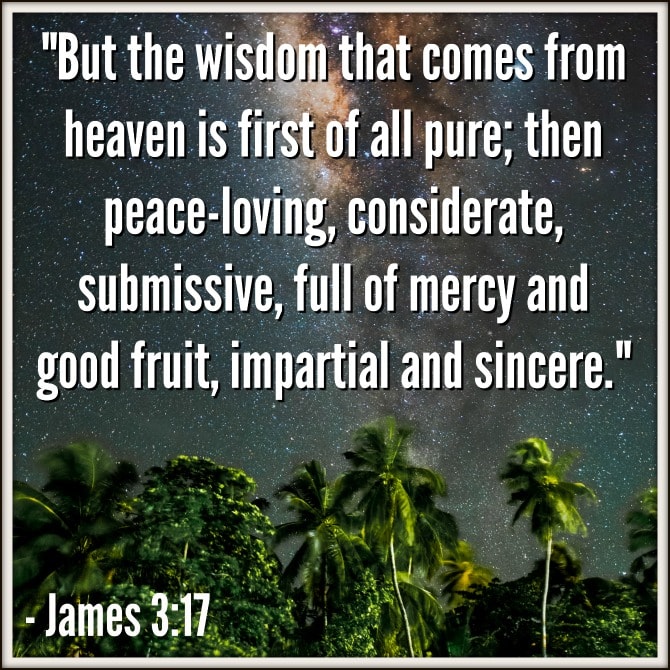Last month in one of her daily Bible recaps, Tara-Leigh Cobble explored the definitions of three frequently-confused concepts: Knowledge, Wisdom, and Understanding. Tara-Leigh defined knowledge as “having the facts.” In a world where we carry an endless supply of books, encyclopedias, and news sources around in our pockets (or even on our wrists), the facts aren’t difficult to come by. Even my four-year-old knows how to ask Siri or Alexa for the answers to all of life’s most pressing questions. Ignorance is not only unlikely, it’s nearly impossible.
Unfortunately, this limitless access to information isn’t always in our own best interest. Too much knowledge can lead to pride, cynicism, decision fatigue, overburdened minds, and untrusting hearts. We allow knowledge to serve as our GPS through life, but it often navigates us straight into hardship, heartbreak, and confusion.
This is where Understanding comes into play. Tara-Leigh defined understanding as “the ability to discern what the facts mean and how they fit into the big picture.” When we apply understanding to knowledge, we are able to let go of irrelevant facts while holding on to the information that is useful and beneficial to us in our various circumstances. But even this isn’t always enough . . . .
Wisdom is the final piece to our puzzle. Tara-Leigh describes wisdom as “knowing how to apply knowledge and understanding and translate it into our lives.” Wisdom transfers knowledge from an external source into our hearts, where it is no longer a blathering GPS but a foolproof internal compass. Wisdom helps us make sense of the world and of our lives, and the pursuit of wisdom is never fruitless. Solomon—the wisest and richest man who ever lived—wrote that wisdom was the most valuable gift we could hope to obtain, far greater than silver or gold.

Scripture assures us that God will grant us full access to the wisdom we desire—we need only ask. But it can be difficult to hear the quiet wisdom that God is whispering into our hearts over the world’s blaring bombardment of irrelevant “facts.” I find this passage from James helpful in discerning empty knowledge from God-given wisdom. James reminds us that God’s wisdom is genuine, unbiased, and bears good fruit. His wisdom is merciful and peace loving, while remaining grounded in the truth.
When we encounter supposed “wisdom” that does not align with this description, we can dismiss it as counterfeit and ask God to replace it with His authentic wisdom. Through His word, and with the guidance of the Holy Spirit, the Lord will fortify our hearts and minds with His wisdom and truth. He longs to serve as our exclusive “wisdom provider,” and we are wise to joyfully welcome this priceless gift.